On August 11, 1927 in Celtic History
After the free state general election on june 09, de valera and fianna fáil enter the dáil as the largest opposition party
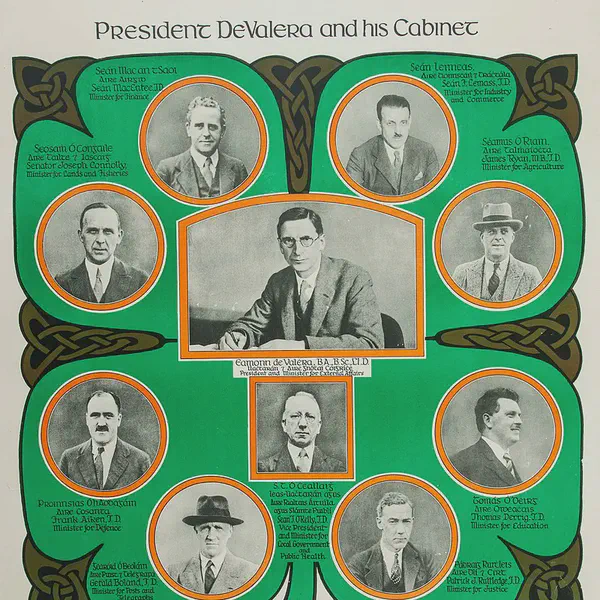
After the Free State general election on June 9, 1927, Éamon de Valera and his party, Fianna Fáil, entered the Dáil (the lower house of the Irish Parliament) for the first time as the largest opposition party. This marked a significant moment in Irish politics, as it signaled the beginning of Fianna Fáil’s rise as a dominant political force in Ireland.
Background
Fianna Fáil’s Formation: Éamon de Valera founded Fianna Fáil in 1926 after splitting from Sinn Féin over the issue of abstentionism (refusing to take seats in the Dáil). De Valera’s new party aimed to participate fully in the political process while continuing to oppose the Anglo-Irish Treaty of 1921, which had led to the establishment of the Irish Free State.
1927 General Election: The June 1927 election was a critical test for Fianna Fáil. It was the party’s first time contesting an election, and its performance would determine whether it could challenge the ruling Cumann na nGaedheal government led by W. T. Cosgrave.
Election Results and Entry into the Dáil
Election Outcome: Fianna Fáil won 44 seats in the election, making it the second-largest party in the Dáil and the largest opposition party. Cumann na nGaedheal retained power with 47 seats, but Fianna Fáil’s strong showing indicated that it was a serious contender for government.
Decision to Enter the Dáil: Initially, Fianna Fáil refused to take the Oath of Allegiance to the British monarch, which was required for taking seats in the Dáil. However, after the assassination of Kevin O’Higgins, the Vice-President of the Executive Council, and the passing of a new law that required all Dáil candidates to take the oath, Fianna Fáil decided to enter the Dáil in August 1927, swearing the oath under protest.
Impact and Legacy
Fianna Fáil’s Role as Opposition: As the largest opposition party, Fianna Fáil played a crucial role in challenging Cumann na nGaedheal’s policies and presenting itself as an alternative government. De Valera and his party worked to build support across Ireland, particularly among those who were dissatisfied with the Free State’s policies.
Path to Power: Fianna Fáil’s entry into the Dáil was a pivotal moment in its journey to becoming the dominant political party in Ireland. In the 1932 general election, Fianna Fáil won a plurality of seats and formed a government with the support of the Labour Party. De Valera became President of the Executive Council (Prime Minister), beginning a long period of Fianna Fáil dominance in Irish politics.
The 1927 general election and Fianna Fáil’s subsequent entry into the Dáil marked the start of a new era in Irish political history, with Éamon de Valera and his party soon to play a central role in shaping the future of the Irish state.
More From This Day
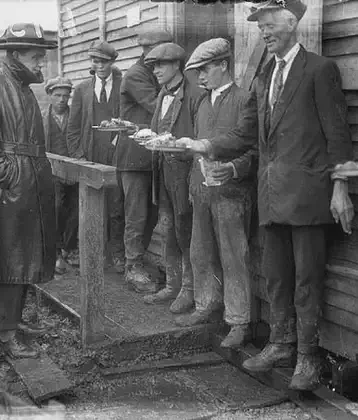
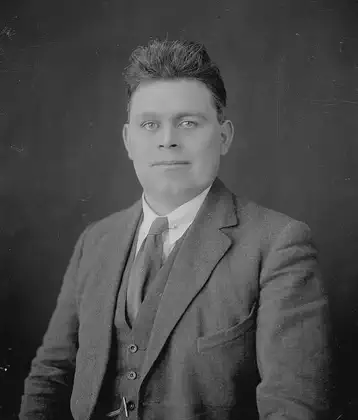
Dan Breen, nationalist revolutionary and politician, is born near Soloheadbeg, Co. Tipperary
August 11, 1894
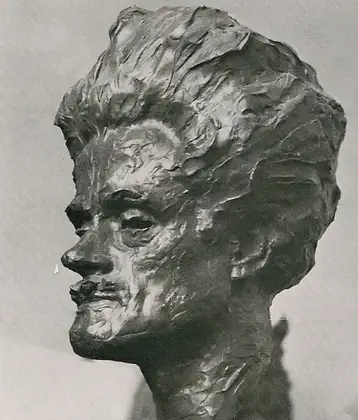
Author and poet C M Grieve (Hugh MacDiarmid) born at Langholm, Dumfriesshire.
August 11, 1892

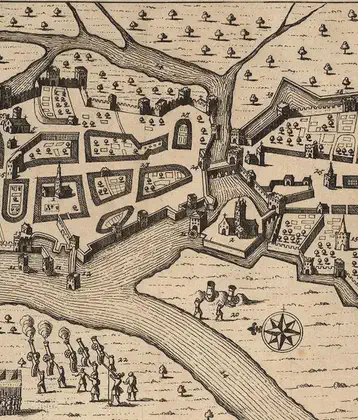
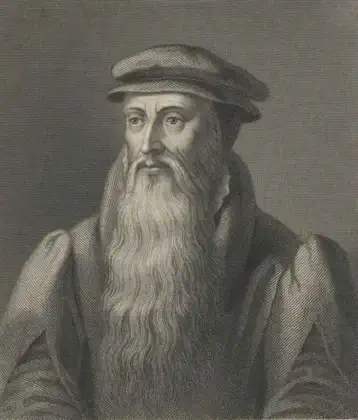
Latin Mass prohibited in Scotland by Parliament as Protestant faith gained the ascendancy.
August 11, 1560

Battle of Dalry, Robert I, attacked and defeated John MacDougall of Lorne, kinsman of John Comyn.
August 11, 1306